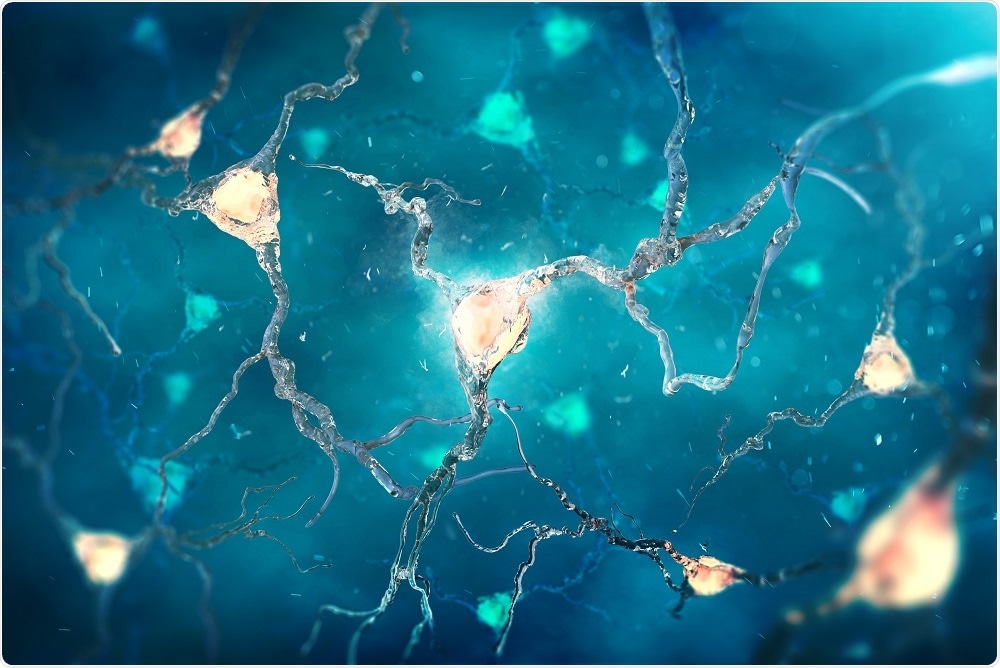In Europe, one of the hardest-hit regions of the coronavirus pandemic, dementia has been reported as a common comorbidity linked to severe coronavirus disease (COVID-19).
It has not been clear whether dementia worsens the infection or if it has resulted from the patient's old age and the severity of care home outbreaks. Now, a new study sheds light on the reason why people with dementia are at a high risk of developing severe disease caused by the coronavirus disease.
A team of researchers at the University of Exeter Medical School and the University of Connecticut has found that people with dementia are at a higher risk of developing severe coronavirus disease (COVID-19) due to the presence of a faulty gene.
The faulty gene tied to dementia doubles the risk of developing a severe COVID-19 case. The study, published in the Journal of Gerontology, Medical Sciences, is the latest to suggest that genetics may play a role in why some people are more susceptible to the coronavirus infection than others.
"This study suggests that this high risk may not simply be due to the effects of dementia, advancing age or frailty, or exposure to the virus in care homes," said lead author David Melzer from the University of Exeter in the UK
"The effect could be partly due to this underlying genetic change, which puts them at risk for both Covid-19 and dementia," Melzer added.
The faulty gene
The faulty gene, called ApoE4, usually found in people of European ancestry, is tied to a heightened risk of severe COVID-19, even when they were not affected by dementia. The scientists suggest that some people may be genetically predisposed to be more severely impacted by the novel coronavirus, compared to others.
The team used data from the UK Biobank study, which collects health and genetic data on 500,000 people, and studied the DNA of nearly 40,000 Britons from 48 to 60 years old. They found the high risk of severe coronavirus infection among European ancestry participants who carry two faulty copies of the ApoE gene, called e4e4.
The ApoE e4 genotype is linked to both dementia and delirium, with the e4e4 genotype tied to a 14-fold increase in the risk of Alzheimer's disease in populations with European ancestries. The team found that about one in 36 European ancestries has two faulty copies of the gene.
 Image Credit: Andrii Vodolazhskyi / Shutterstock
Image Credit: Andrii Vodolazhskyi / Shutterstock
What the study found
The team gathered data for those who had a positive COVID-19 test during a period when testing was mostly restricted to patients admitted to hospitals. This means that a positive result was a marker of severe COVID-19 infection.
The findings also showed that the e4e4 genotype increased the risk of COVID-19 2.3-fold compared to e3e3. Further, the prevalence of e4e4 in patients who developed severe COVID-19 was high.
Most of the people in the population and the sample size have not yet been exposed to the virus. In the study, about 2.36 percent of the participants with European ancestries had the e4e4 faulty gene, while 5.13 percent of those who tested positive for the novel coronavirus had this gene variant. This means that the risk is doubled.
"This paper provides strong evidence of a link between genetic risk for Alzheimer's disease and genetic risk for COVID-19. This suggests one or more common mechanisms underlying both conditions. A common mechanism would indicate an increased risk of COVID-19 in those with Alzheimer's disease, but not that Alzheimer's disease itself is a direct cause of COVID-19 susceptibility," Prof John Gallacher, Director of Dementias Platform UK, University of Oxford, said.
"However, Alzheimer's disease may be an indirect cause. For example, increased frailty in those with Alzheimer's disease would imply reduced resistance to infection and increased disease severity. Increased risk and increased frailty are reasons enough to consider those with dementia to be a high-risk group for COVID-19," he added.
The study is essential and will lead to future research on how the faulty gene may influence the risk of contracting the coronavirus disease or developing severe symptoms requiring hospitalization, where most tests are conducted.
The researchers said that an important limitation of the study is that this type of observational study cannot prove that the gene is the cause of the observed increased risk of COVID-19.
"The scientists did a thorough job of trying to control for other things associated with APOE4 that could account for the risk, but it is still possible that there is an unknown related factor causing the increased risk," Prof Tara Spires-Jones, UK Dementia Research Institute Group Leader and Deputy Director, Centre for Discovery Brain Sciences, The University of Edinburgh, said.
Though the study has pinpointed the gene that may increase the chance of having severe COVID-19, it is important to conduct further research.
Source:
Journal reference:
- Chia-Ling Kuo, PhD, Luke C Pilling, PhD, Janice L Atkins, PhD, Jane A H Masoli, MBChB, João Delgado, PhD, George A Kuchel, MD, David Melzer, MBBCh PhD, APOE e4 genotype predicts severe COVID-19 in the UK Biobank community cohort, The Journals of Gerontology: Series A, , glaa131, https://doi.org/10.1093/gerona/glaa131, https://academic.oup.com/biomedgerontology/advance-article/doi/10.1093/gerona/glaa131/5843454